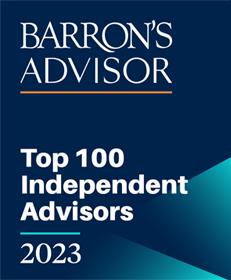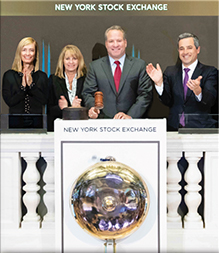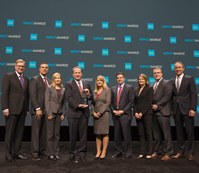(excerpt)
As General Motors Corp. (GM) contemplates a bankruptcy filing, company employees and retirees are worrying about the safety of their retirement accounts and the future of their health-care benefits.
Some are telling Kudla, chief executive of Mainstay Capital Management in Grand Blanc, Mich., they've heard from another financial adviser that they'll lose all their retirement money if GM moves into bankruptcy.
"Nothing could be further from the truth," Kudla said. "In this climate of fear and uncertainty, people grab onto these things."
Kudla's first reality check to clients: Federal law protects a company's pension and 401(k) retirement plans from creditors in a bankruptcy proceeding.
Pension plans that are turned over to the government-backed Pension Benefit Guaranty Corp., or PBGC, may not pay full benefits to everyone, however. Employees who retire early are more likely to see their payments clipped.
In educational seminars with auto workers and conversations with clients -- three-quarters of whom are connected to the auto industry -- Kudla outlines the options for employees who leave a company.
These include leaving retirement assets with the company, rolling them into an individual retirement account or moving them into a new employer's retirement plan. Cashing out a retirement account is also an option -- but a bad one, since it involves penalties and the loss of future growth. After-tax contributions to a 401(k) can also be moved into a Roth IRA in certain situations.
Some companies allow employees with pension plans to take a so-called lump sum distribution when they leave, which the individual can then invest on his own. Kudla typically encourages this move as there's no penalty associated with the withdrawal and employees can sidestep the risk they won't receive a full payout under a PBGC pension plan takeover. The potential downside is losing money and a guaranteed income stream.
Kudla says he and his colleagues create detailed retirement income plans for clients. They include factors such as estimated expenses in retirement, date clients expect to begin taking retirement account distributions and amount they expect to withdraw.
The advisers can plug in details as they become available, such as a buyout offer or separation package, into the plan to see the effect on a client's future.
Kudla also discusses health insurance with clients and in seminars, including the federal Consolidated Omnibus Budget Reconciliation Act, or Cobra, through which laid-off workers can purchase health coverage. Health savings accounts are another discussion point, as are additional challenges facing retirees or employees who leave their companies. These include inflation, longevity, health-care expenses and the future of Social Security.
Reassuring people that their retirement accounts are secure in the event of bankruptcy is an important first step, Kudla says. "You can almost see them breathe a sigh of relief," he says.
Still, countering the fears and other bits of misinformation people absorb is an ongoing process.
Kudla says: "You can't stand on a rooftop and yell loud enough to dispel it all."
If you would like a copy of the complete article, please send an email request to This email address is being protected from spambots. You need JavaScript enabled to view it., or call toll-free 1-866-444-6246. If sending an email request, please include the following: title and date of article, and mailing address.







